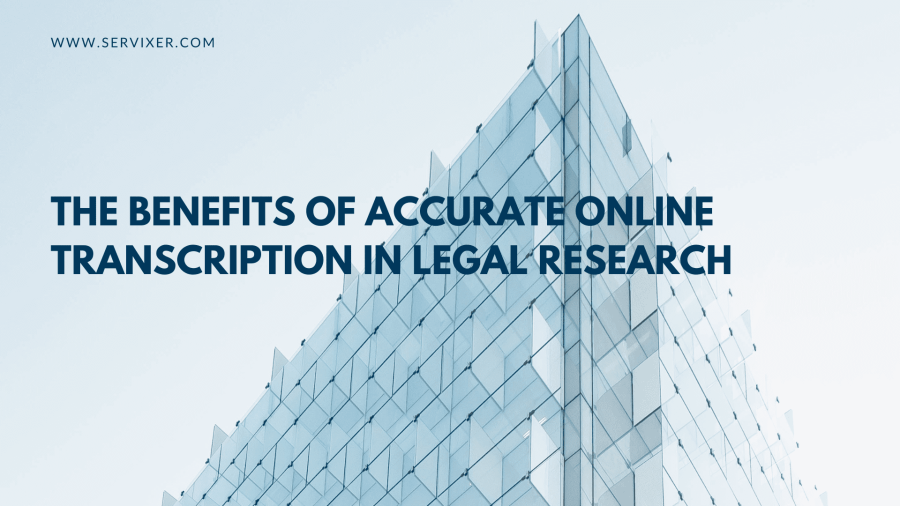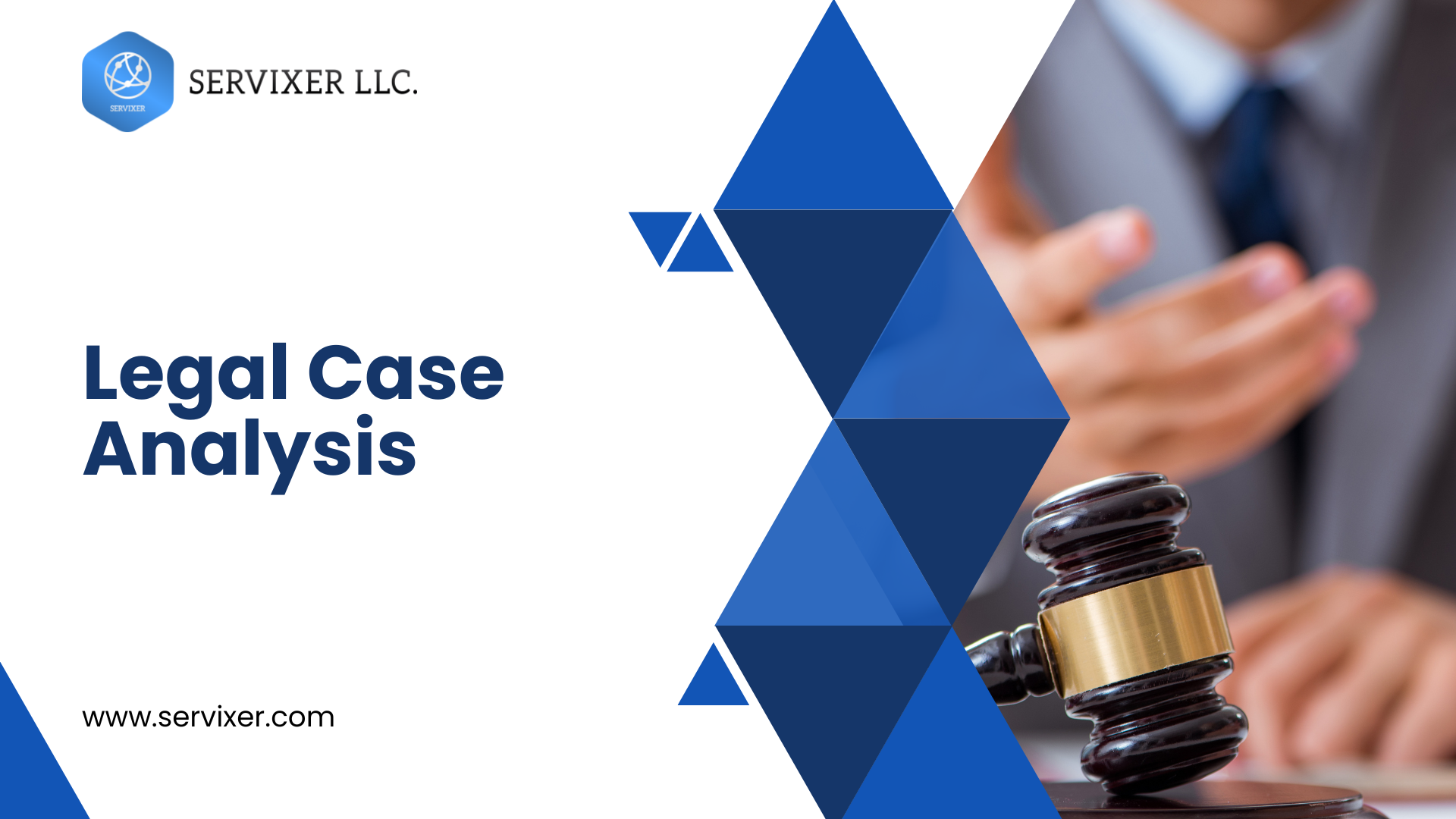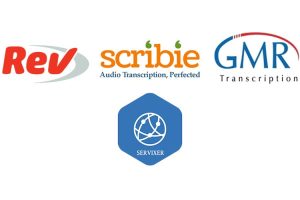Inside the energetic scene of lawful investigate, exactness and productivity stand as the foundations. Legitimate specialists reliably lock in within the handle of sorting through endless volumes of records, court records, and interviews to build a compelling case or offer shrewd legitimate direction. This article examines how exact online translation administrations can significantly intensify the effectiveness and adequacy of legitimate investigate.
Lawful experts get it the significance of exact and proficient investigate. It’s the establishment upon which fruitful cases are built and choices are made. With the coming of innovation, online translation administrations have become an vital apparatus within the legitimate field. This article investigates how these administrations streamline the lawful investigate handle, sparing time, and making strides generally viability.
The Role of Transcription in Legal Research
Some time recently we dive into the heap benefits, it’s pivotal to set up the significant part that translation plays within the setting of legal research. Translation, in its substance, is the fastidious prepare of changing talked words into composed content. Within the lawful field, this enveloping errand expands to interpreting different basic components such as court procedures, witness explanations, recorded interviews, and an cluster of other important sources of data. These perseveringly deciphered records hold an lifted up status as they serve as vital focuses of reference, directing and supporting legal professionals in their complex travel through the domain of legitimate cases and strategies
Quality Transcription Service is within your budget now as Servixer is excited to offer this with unmatched affordability.
Benefits of Accurate Online Transcription
Within the advanced age, online transcription brings forward a have of focal points. It changes over sound and video into content, facilitating substance get to for inquire about and data recovery. This productivity spares time and assets when compared to manual translation. Additionally, it cultivates inclusivity by serving people with hearing impedances. Also, it demonstrates cost-effective, invalidating the need for devoted transcribers. All in all, online translation reinforces efficiency, improves substance quality, and boosts availability over a assortment of businesses and callings.
Ensuring Accuracy in Transcription
Guaranteeing exactness in translation pivots on the choice between human and robotized strategies, each with unmistakable points of interest and restrictions. Human transcriptionists exceed expectations in setting comprehension and dealing with assorted etymological subtleties but can be inclined to weariness and blunders. In differentiate, computerized translation offers speed and effectiveness but may battle with complexity and non-standard complements. To preserve quality, both strategies require vigorous quality control measures, counting altering and confirmation for human transcriptionists and nonstop calculation refinement and human association for robotized administrations. Eventually, a agreeable mix of human skill and innovation, went with by thorough quality control, is basic for exact translation.
Legal Case Analysis
Legal case investigation could be a crucial and complicated hone inside the domain of law. It includes a exhaustive examination of different case-related records, counting court records, prove, witness articulations, and the legitimate contentions displayed by contradicting parties. This handle requests a profound understanding of lawful standards, statutes, and points of reference. The extreme point of lawful case examination is to dismember the complexities of a specific case, distinguish germane lawful teachings, and apply them viably to the particular truthful circumstances. This expertise is vital for legal professionals, such as legal counselors and judges, because it serves as the foundation for making well-informed legal decisions, building compelling contentions, and eventually guaranteeing equity is served within the court.
Client Consultations and Meetings
Transcripts of client gatherings guarantee that legal counselors have a clear record of enlightening, assentions, and legitimate counsel given. This makes a difference in maintaining a strategic distance from mistaken assumptions and debate.
Maintaining Confidentiality
Lawful archives are touchy, and privacy is fundamental. Legitimate online translation administrations offer secure conventions to ensure client data.
Cost-Effective Solutions
Outsourcing translation administrations can be cost-effective compared to enlisting in-house transcriptionists. This permits legitimate firms to apportion assets more effectively.
Future Trends in Legal Transcription
The legal industry is persistently advancing, and so is translation innovation. Future patterns may incorporate more progressed voice acknowledgment computer program and made strides integration with lawful computer program. Precise online translation administrations play a essential part in improving the proficiency and adequacy of legitimate inquire about. They spare time, move forward organization, and guarantee the precision of basic reports. As the lawful field proceeds to adjust to innovative progressions, grasping these translation administrations may be a step toward remaining competitive and well-prepared.







